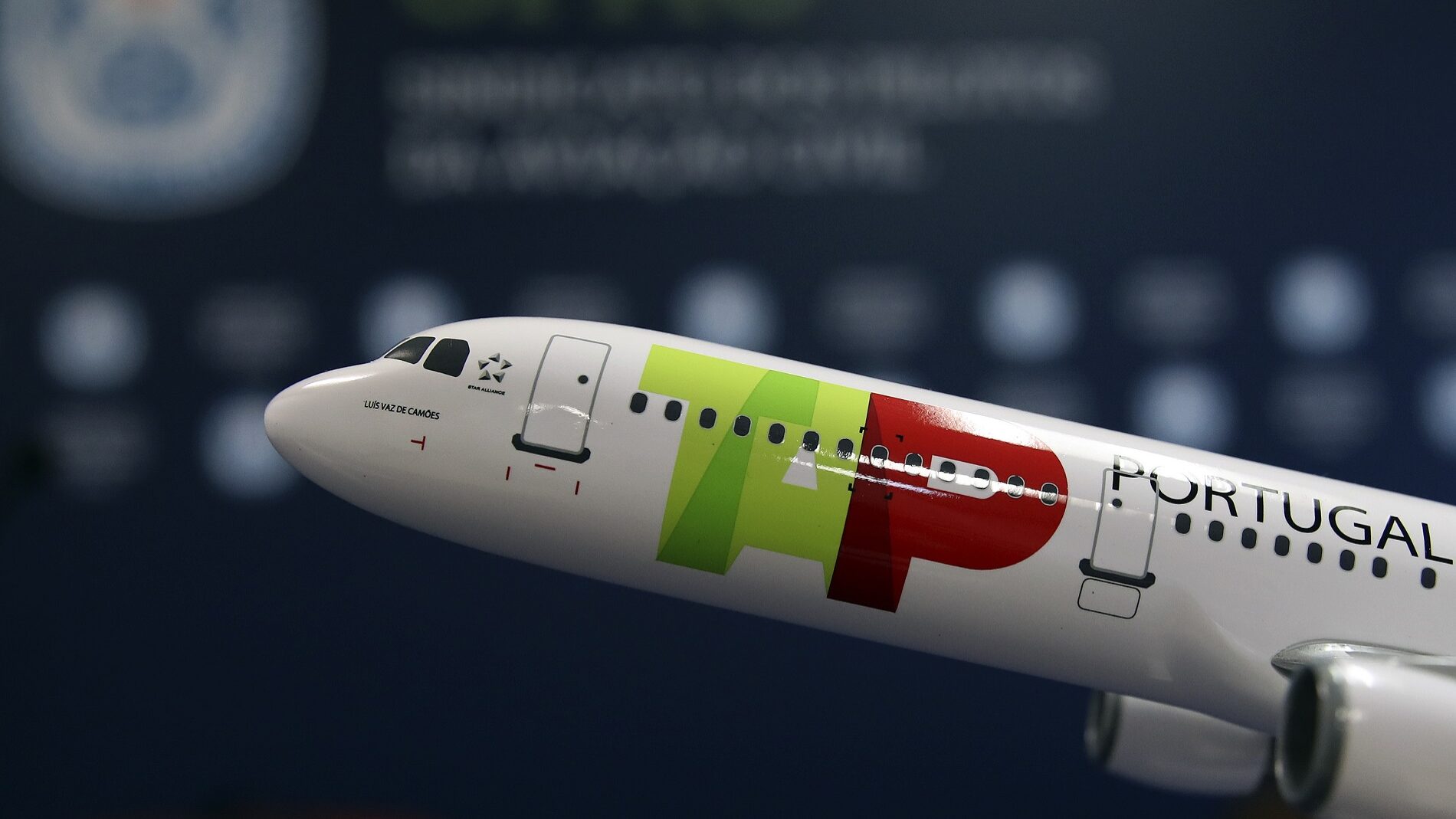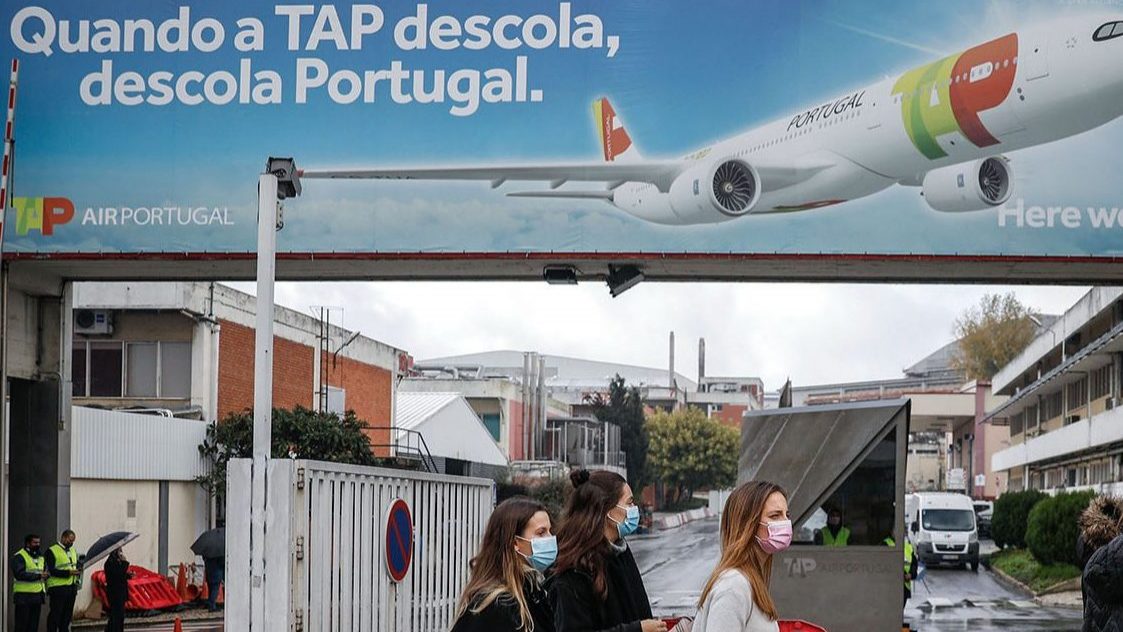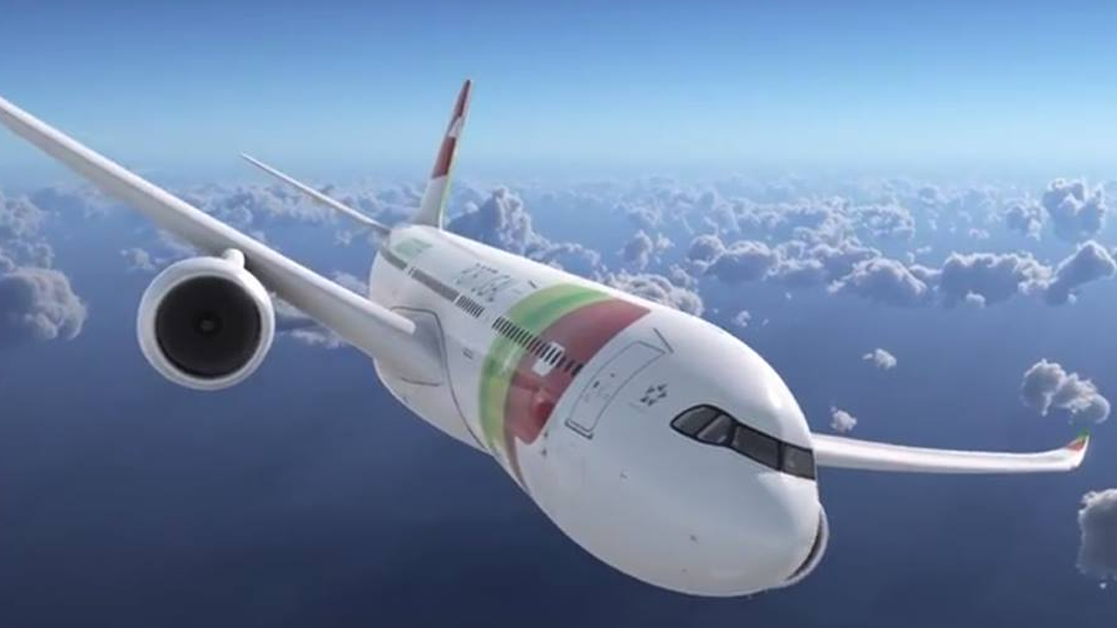TAP restructuring ‘will destroy company’
Unions representing TAP workers warned on Tuesday that if the restructuring plan remained in place, it would "destroy" the airline.
Unions representing TAP workers warned parliament on Tuesday that if the restructuring plan remained in place, it would “destroy” the airline and also pointed the finger at the functioning of Lisbon airport.
At a hearing of the Economy, Public Works, Planning and Housing Commission, the unions criticised the maintenance of a plan that did not contemplate a recovery as accelerated as the one taking place in air transport.
“In our opinion, this plan will destroy the company,” said Paulo Duarte from the Aviation and Airport Workers Union (Sitava), pointing out that the new management is carrying out an “emptying” of the unions.
Fernando Henriques, also from Sitava, strongly criticised the management of national airports, which is the responsibility of Vinci, owner of ANA. “Lisbon airport is now a shopping centre on a par with Vasco da Gama and Colombo, with a difference: you can also catch a plane there. But it is secondary,” he said, stressing that “TAP is a victim of how Vinci manages Lisbon airport and national airports and not the other way around.
At an earlier hearing in the afternoon, the president of the National Civil Aviation Flight Staff Union (SNPVAC), Ricardo Penarroias, pointed out: “Today we live in a 90% operation in 2019” when forecasts talked of 70%. Therefore, “the plan is out of step”.
An opinion shared by the coordinator of the company’s Workers’ Commission, Cristina Carrilho.
“The plan at the moment is out of date. Operating levels are close to 90 per cent. There is a general lack of workers,” she warned, stressing that the temporary emergency agreements that workers signed with the company, which implied cuts in salaries, no longer made sense. “There should already be a replacement this year of the amount taken from salaries,” he said.
The President of the Civil Aviation Pilots Union (SPAC), Tiago Faria Lopes, said that the emergency agreements were signed in a “way of coercion” to avoid “dismissals of pilots”, warning that “nowadays flights are cancelled due to lack of pilots”.
André Teives, from the TAP group’s platform of ground unions, pointed to the company’s first-quarter results as a sign of the upturn. “The ATE [temporary emergency agreements] were necessary, but today it is necessary to adapt them to the new reality,” he said, noting the reduction of aircraft and staff to carry out a similar and sometimes already greater work than in 2019.
Paulo Manso, the Aircraft Maintenance Technicians Union (Sitema) leader, reported another problem that particularly affects the professional class he leads.
“There is a lot of demand for these technicians, who are leaving for other markets and companies,” he said, highlighting that a maintenance technician takes 15 years to train and has a very high cost. “We are giving these technicians away at zero cost” to other companies, he lamented.
“Many colleagues who have left TAP are going to work for other companies that are already doing work for TAP and earn two or three times more,” he said, adding that these services are being “outsourced” due to a lack of capacity within the company.
The National Union of Engineers (SNE) also warned about the issue of workers leaving. “We are witnessing a flight of highly qualified staff,” said João Carvalho, representative of this structure.
“52 engineers left between 2020 and 2022, and many more will likely leave”.
João Alves, from the Portuguese Handling Services Workers Commission, also said that bearing in mind what has happened over the last two years at Groundforce, it is “complicated to hire”, warning about the recovery that “is there”, leading to an increase in the number of passengers and problems in operations.
He also regretted that the insolvency plan for Groundforce, which is partly owned by TAP, remained on hold, making the workers’ situation more complicated.


